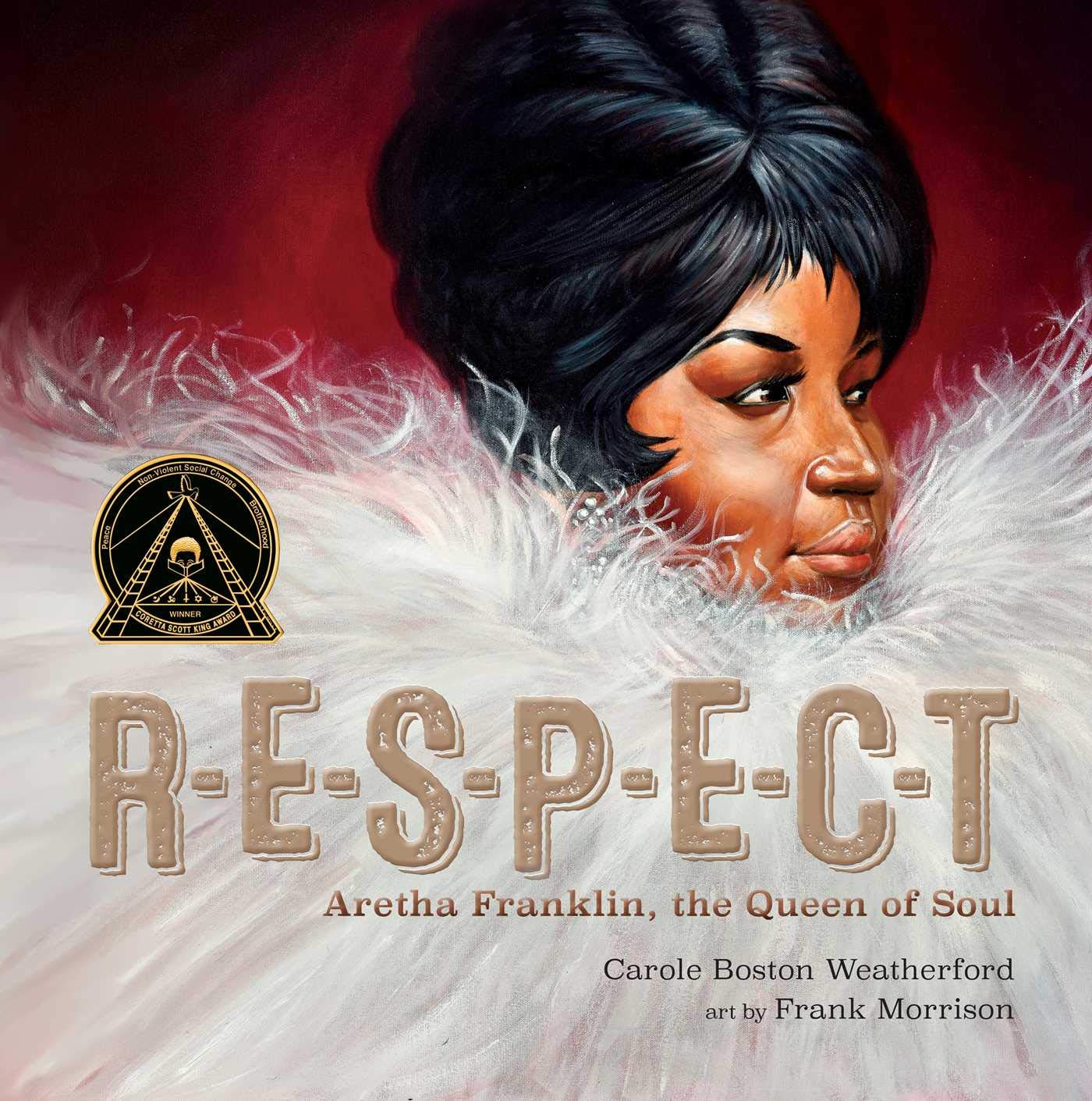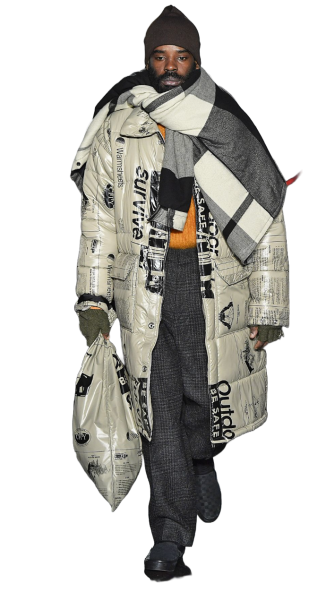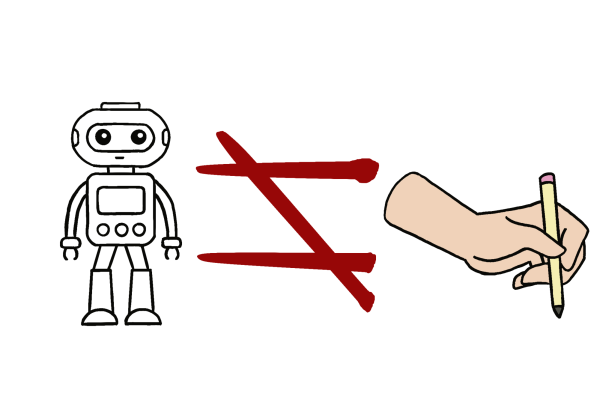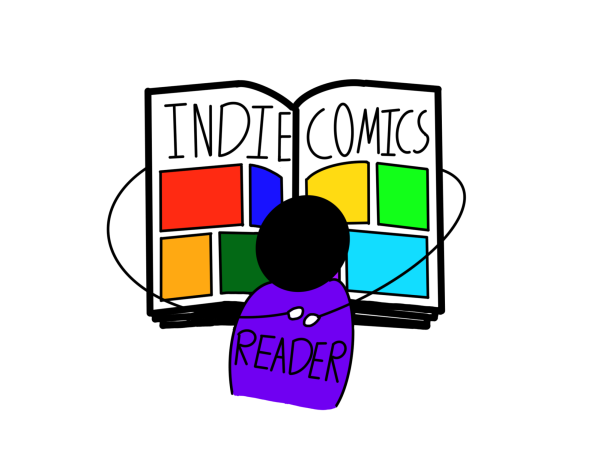Movements in Music
Music is a powerful mechanism for sparking social change and starting meaningful conversations about important issues. Artists have risked their careers every day by shedding light on controversial subjects and movements with their music, and their contributions need to be acknowledged and celebrated.
According to The American Prospect, songs like “Respect” by Aretha Franklin and “You Don’t Own Me” by Leslie Gore defined what would become the second-wave feminist movement, with other popular songs such as Dolly Parton’s “9 to 5” and Labelle’s “Lady Marmalade” following. Music soon became an outlet to encourage ideas about a woman’s power and gave feminists the strength to protest for their rights.

(Photo courtesy of Frank Morrison )
Gore and Franklin produced music with a message never heard of, making the songs controversial yet popular. The focus on women fighting for themselves was not prevalent back then, so the success of the music had shown its societal-changing capabilities. While the fight for equality was ongoing, these songs captured protesters’ emotions and gave the movement the momentum to grow, according to Vox. Music was necessary in order to spread the movement nationwide, with the movement eventually giving women the right to an abortion and Title IX.
Music still holds that power now. In recent years, the Black Lives Matter movement flourished. As a result, music highlighting racial injustice has a more significant influence. In 2021, R&B artist Gabriella Sarmiento Wilson, known as H.E.R., released “I Can’t Breathe,” an ode to the African Americans killed by police brutality, according to NPR. “I Can’t Breathe” won song of the year at the 2021 Grammys, a testament to the power of music and its ability to be an effective instrument for demanding change.
Wilson’s song served as an inspiration for those fighting against police brutality. If more people can feel heard through such a universal language, they can feel connected to something bigger than themselves. Music became the catalyst for widespread change, like Gore and Franklin’s connection to the second-wave feminist movement.
No matter the decade, people turn to music to feel heard. Whether it is a response to the draft during the Vietnam War like Creedence Clearwater Revival’s “Fortunate Son” or a controversial song that displays the power of femininity like “WAP” by Cardi B, the importance of music will continue to transform society for centuries to come. And though sometimes the messages may be controversial, they are still vital instruments of society that deserve to be shared and appreciated. Artists have the platforms to shape the world with their music, and they must continue doing so for the good of civilization.
Niyatee is excited to be this year's Senior Sports Editor and this is her second year on the staff. In her free time, she loves to read, listen to music,...







